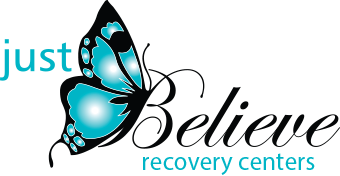Long Term Recovery in Residential Rehab
Getting admitted into residential drug rehab in Binghamton, NY is one of the best ways to increase the chances of successful sobriety and recovery. Prioritizing the length and level of care of addiction treatment programs is probably the best tip for people struggling with seeking professional help for their addictions.
When you decide to enter a rehab program, you will likely face many options for treatment. However, studies show long-term residential treatment to be more effective than short-term, intensive outpatient, and even partial hospitalization options. If you can make it happen, a long-term residential treatment program is more likely to help you achieve long-term recovery.
WHAT IS LONG-TERM ADDICTION TREATMENT?
Often referred to as inpatient or residential programs, these are addiction treatment schedules that take three months to one year to complete.
During this time, clients reside in the treatment facility and receive food, lodging, and 24-hour care and supervision. They may also need residential treatment because their detox process includes medication-assisted treatment (MAT). This process involves FDA-approved drugs that medical professionals can administer if the need arises.
In the earliest stages of programs like this, addiction specialists closely monitor clients. This is done so that the facility’s staff can intervene when withdrawal symptoms get too uncomfortable for clients to bear without medication or some other form of care. As clients continue to participate in these programs, they’re helped by the structure of the schedule, as well as what they learn during sessions and activities. Before completing the program, they also receive customized aftercare plans. This will help them continue to heal and recover when they go back to their lives outside of the facility.



